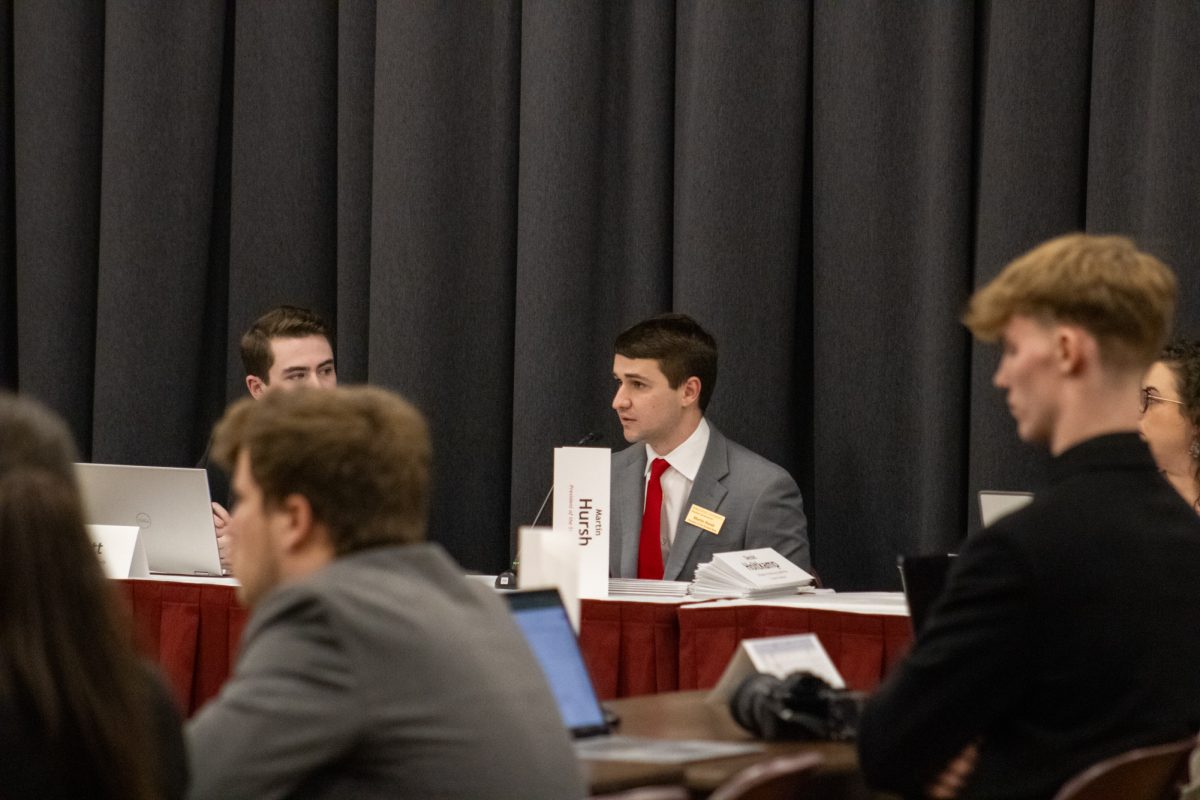Prominent political theorist to visit campus for lecture
April 1, 2007
A former prominent neoconservative will critique the ideology of the neoconservative movement, which in recent years has played an important role in determining the political climate in Washington.
In his newest book, “America at the Crossroads: Democracy, Power, and the Neoconservative Legacy,” Francis Fukuyama decries the Bush-led Iraq regime change and the status of neoconservatives as a whole. He will speak on this topic at 8 p.m. Monday in the Sun Room of the Memorial Union.
Fukuyama is the Bernard Schwartz Professor of International Political Economy at Johns Hopkins University, whose political writings include “The End of History and the Last Man,” “Trust: The Social Virtues and the Creation of Prosperity” and “Our Posthuman Future: Consequences of the Biotechnology Revolution.”
Fukuyama is the man who made the decisive claim that “democracy and liberal democracy had become preponderant” in “The End of History and the Last Man,” said James McCormick, professor and chairman in political science.
“He was a neoconservative, but he has moved away from those views, and his book challenges the views of the neoconservatives,” McCormick said. McCormick said neoconservatives generally espouse the virtues of using American power for a moral purpose, a strong stance on national security, a foreign relations policy that entails being heavily involved and interested in the inner workings of other nations, a marked mistrust of international organizations such as the United Nations and the composition of a state.
This is in contrast to conservatives, who are generally concerned with the “relations between states, [but] not so concerned with regimes and domestic composition,” McCormick said.
Mark Nieman, graduate student in political science, said Fukuyama’s lecture is important because “the neoconservatism movement is such a focus of the current administration.”
Nieman said the focus on invading Iraq, an experiment in social engineering by the neoconservatives, hasn’t worked because there is a “question of effectiveness” of the administration’s planning, a point that Fukuyama makes in his book.
“The power relationship dynamic is currently at issue. Why Iraq and not Iran? Why Iraq and not North Korea?” Nieman said.
“Why is Iraq so important?”






